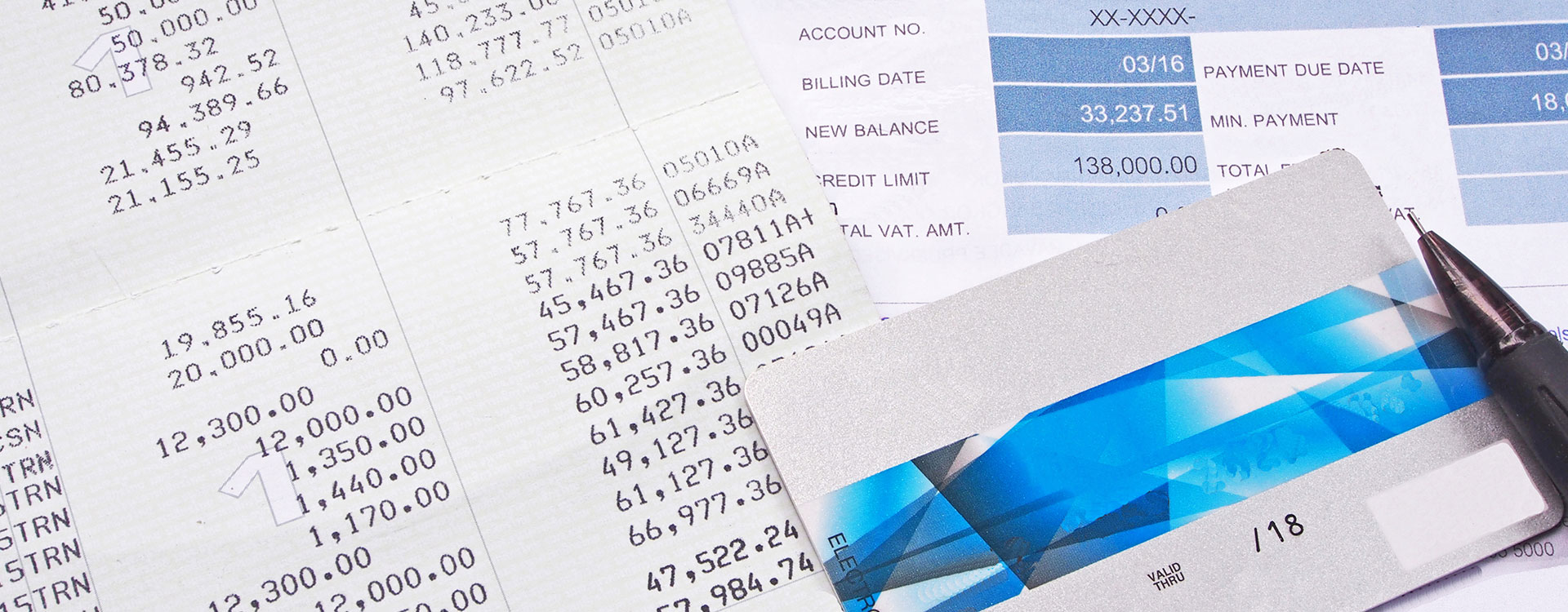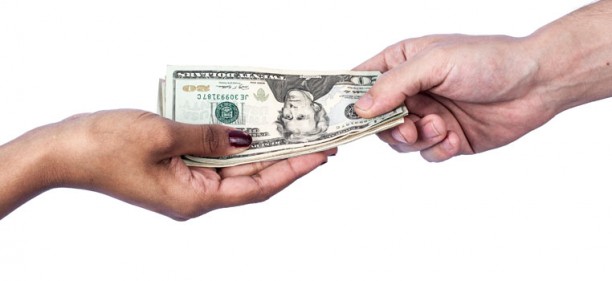Are you struggling to make your student loan payments? Are you feeling overwhelmed and stressed out?
If so, you might be eligible for student loan forgiveness.
Below, we'll cover how to find out if you are eligible and the steps you need to take to apply for forgiveness. Don't let your student loans control your life – there is help available!
What Is Student Loan Forgiveness?
The government offers student loan forgiveness programs for certain professions and life circumstances.
If you qualify, your loans could be completely forgiven – meaning you would no longer have to make any payments. This can be a huge relief, especially if you are struggling to make your monthly payments.
There are two main types of student loan forgiveness programs: those that help borrowers in public service careers and those that help borrowers who work in certain fields after graduation.
Some programs also offer benefits for people who already have loans but want to switch professions or fields of study—or even just finish their degrees after starting them years ago.
These programs are often referred to as "public service" programs because they are geared toward helping individuals who work in public service jobs after graduating from college (such as teaching at a local school).
How To Find Out If You Are Eligible
There are a few different ways to find out if you qualify for student loan forgiveness.
The first step is to contact your loan servicer and ask about forgiveness programs. They should be able to tell you which programs you qualify for.
Many lenders have an online portal that allows you to submit the paperwork electronically, but if you don't have internet access or prefer to do things the old-fashioned way, then you can fill out the form by hand and mail it in.
The form itself is relatively short and straightforward, including basic information about your loans (including type, and amount owed), whether or not you've already made payments on them, how much you make per month, and whether or not you're married.
It also asks for information about any dependents who may be included on your loan application as well as any other income sources that might be available to help pay down your debt balance quicker than expected (such as scholarships).
How To Apply For Student Loan Forgiveness
If you think you qualify for student loan forgiveness, the next step is to apply.
The application process will vary depending on the program you are applying for. But in general, you will need to fill out some paperwork and provide documentation of your eligibility.
You can get started by contacting your loan servicer and asking for the necessary forms. They will be able to help you through the process and answer any questions you have.
Will My Credit Score Go Up If My Student Loans Are Forgiven?
Your credit score may go up if your student loans are forgiven.
If you have been making timely payments on your loans, this will reflect positively on your credit report. Additionally, having a lower debt-to-income ratio can also lead to a higher credit score.
Keep in mind that student loan forgiveness is not a quick or easy process.
It can take months or even years to get approved. But if you are struggling to make your student loan payments, it is worth exploring all of your options – including student loan forgiveness.
How Many Payments Until Student Loans Are Forgiven?
The number of payments until student loans are forgiven will vary depending on the program you are enrolled in.
Some programs, such as the Public Service Loan Forgiveness Program, require 120 qualifying payments before your loans can be forgiven. Other programs have different requirements.
It is important to remember that even if you are enrolled in a student loan forgiveness program, you still have to make your monthly payments on time.
If you miss a payment, it could jeopardize your eligibility for loan forgiveness.
What If I Can't Afford My Student Loan Payments?
If you are struggling to make your student loan payments, there are a few options available to you.
You can explore income-driven repayment plans, which lower your monthly payments based on your income and family size.
You can also look into deferment or forbearance, which allows you to temporarily stop making payments on your loans.
You may also be eligible to defer your payments or make them through an income-driven repayment plan.
Income-driven repayment plans are based on a percentage of your discretionary income, so they can be more affordable than standard repayment plans.
Are Student Loans Being Forgiven After 10 Years?
There are a few different programs that offer student loan forgiveness after 10 years.
The Public Service Loan Forgiveness Program is one option, but it has specific requirements that must be met to qualify.
Other options include the Teacher Loan Forgiveness Program and the Perkins Loan Cancellation and Discharge program.
What Happens If I Don't Qualify For Student Loan Forgiveness?
If you don't qualify for student loan forgiveness, you will still be responsible for repaying your loans.
You can explore other repayment options, such as income-driven repayment plans or deferment or forbearance to make your payments more manageable.
You can also consider consolidation or refinancing your loans to get a lower interest rate.
No matter what, it is important to stay proactive and keep making payments on your loans, even if you don't think you will ever qualify for forgiveness.
If you default on your loans, it will damage your credit score and make it harder to get approved for future loans.
Student loan forgiveness can be a viable option for some individuals depending on how they accrued their debt.
Forgiveness is not the same as student loan consolidation and can often result in tax implications if it is not done correctly.
Students who are unsure of how to proceed should speak with both a tax professional and a financial aid expert to understand their options.
How Credit9 Can Help You
At Credit9, we offer loan options that could provide you with the financial solution that works best for you.
Since 2018, Credit9 has provided over $460 Million in loans to over 36,000 of our customers, and we’re confident we can help you too.
For more information about Credit9’s unique debt consolidation services, contact us today to see how we can help you consolidate your debts and receive a free, no-obligation, and fully-customized Credit9 loan solution!



